We kindly inform you that, as long as the subject affiliation of our 300.000+ articles is in progress, you might get unsufficient or no results on your third level or second level search. In this case, please broaden your search criteria.
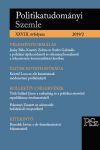
In my paper I evaluate the value of political participation within a republican theoretical framework. The key ideal within this framework is freedom understood as non-domination, and as a general rule nearly all other ideals are linked to the upholding of freedom in one way or another. Political participation is no exception. Consequently my approach is indirect: I evaluate the value of political participation through evaluating the relation between freedom and participation. The relation may be understood in either of two ways. On one understanding – the strong republican understanding – participation is seen to have intrinsic value, while on the other – the weak republican understanding – it is seen to have merely instrumental value. I do not argue that one of these understandings is philosophically true and the other false. Quite the contrary: I claim that both possess a degree of intuitive force, and that both help us grasp something relevant concerning freedom. Thus the conclusion remains somewhat open.
More...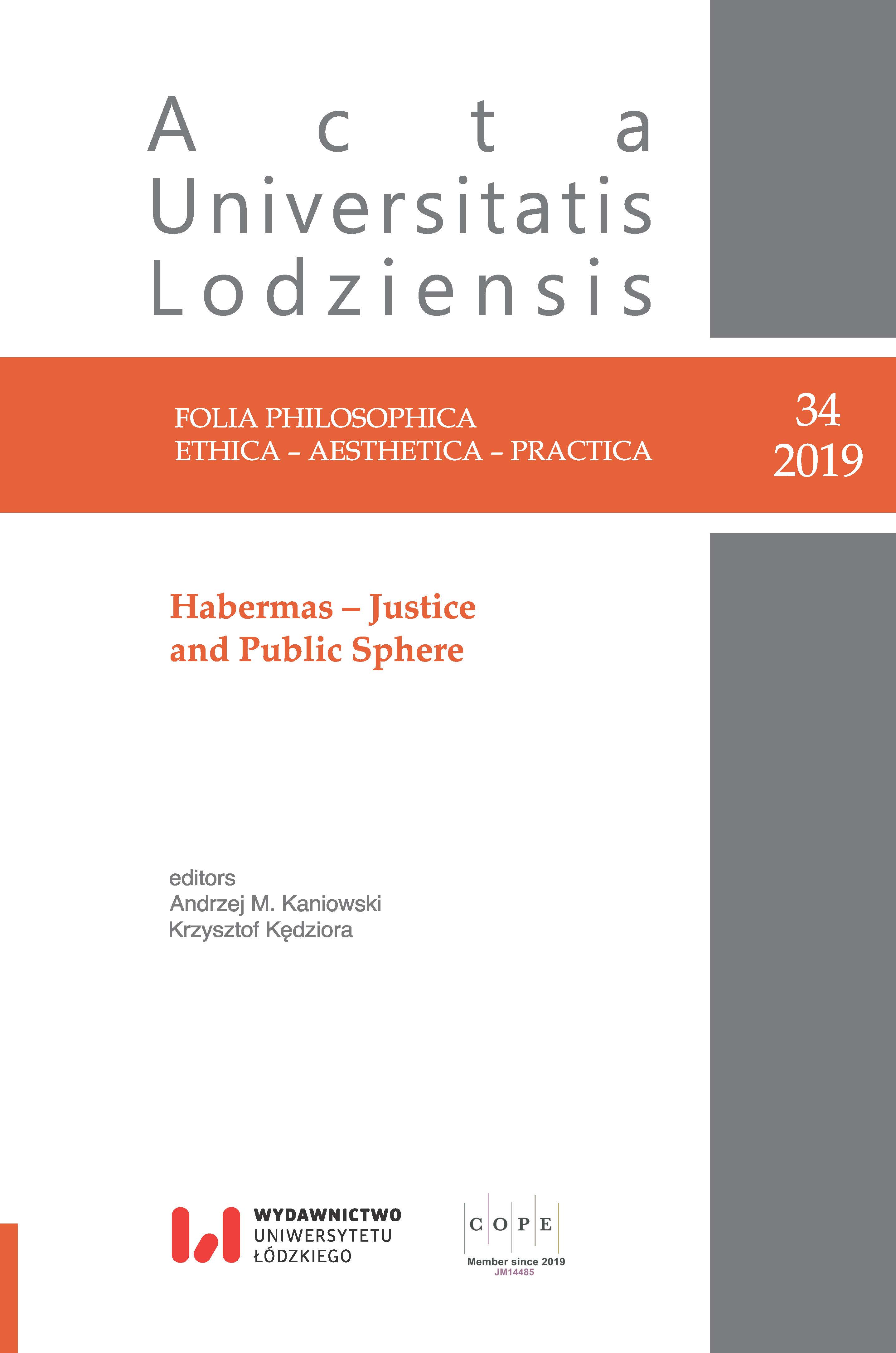
In this paper, I consider not only the crisis in conservative neoliberalism and free market economics, but a crisis of representation and plausibility in progressive new liberalism; a situation which leads to deadlock for progressivism in which things cannot progress. In order to address this state of crisis in the global perception of the “white left,” Critical Theory, as a mode of Western liberal thought, needs to rethink the direction of its own criticism. Additionally, Critical Theory needs to adjust its focus to respond to the deadlock presented by the rise of right-wing populism and the derogation of liberal values in these regressive times (I refer antonymically, here, to Jürgen Habermas’s use of the term “progressive”). The radical democratic ideal advocated by Habermas, comprising universal equality and emancipation, should still be the goal for liberalism, and for Critical Theory, but first of all, the achievements and advances liberal progressivism has already made need to be secured to prevent society from regressing. This does not mean making a choice between neoliberalism and authoritarianism, but that a new paradigm of thinking is due. I argue that universality is anterior to cultural pluralism, as are social topics to cultural issues, and justice of distribution to justice of identity. In the complex world of modernity, good things do not come together if there is conflict between desirable values, so choices need to be made: a ranking of real, material conditions is necessary, to ensure cohesion and progression.
More...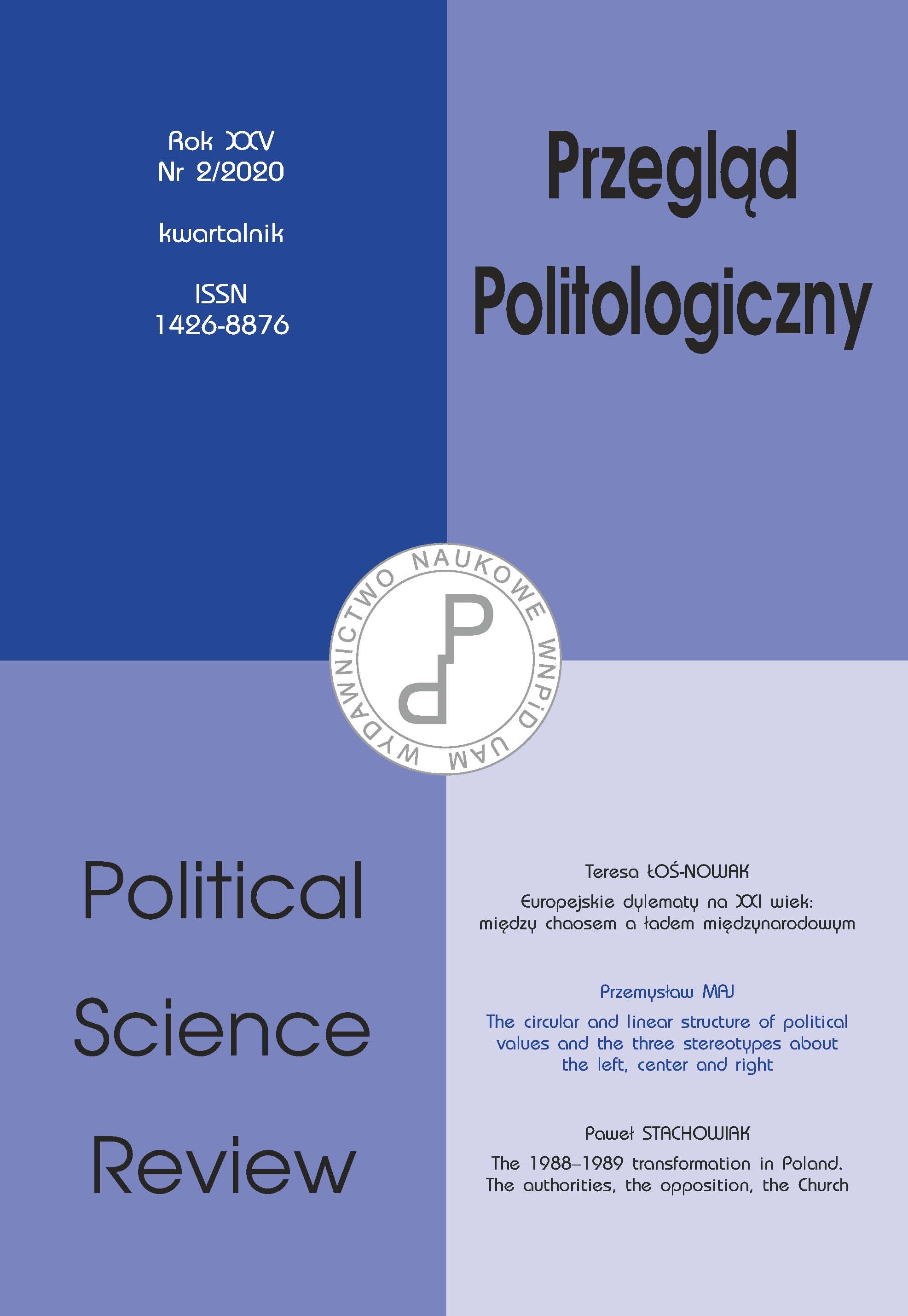
There is vast evidence that gender influences the legislative behaviour of MPs. Nonetheless, as most of the findings come from Western Europe, one may ask whether such effects take place similarly also in post-communist parliaments. Since the two regions experienced different gender-related history, a negative answer suggests itself. By contrast, this first complex research on the issue conducted in a post-communist country demonstrates the opposite. It employs parliamentary activity of representatives in the Czech Republic between 1993 and 2017 as a research case. Results of the analysis show that although female MPs speak less, they receive more positions in intra-parliamentary bodies than male deputies. Moreover, a majority of committees are far from being gender-neutral as male and female legislators have significantly different chances of becoming their members. Overall, the results suggest that gender influences MPs’ parliamentary behaviour even in post-communist countries, and surprisingly similarly to Western Europe.
More...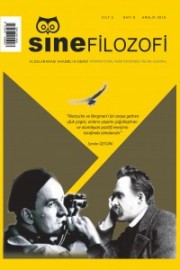
There is a common belief that the major products of mainstream cinema, particularly commercial American cinema, are the producers of the current dominant ideological and political climate. However it is also frequently stated that there are some examples placing themselves in a critical position despite their mainstream character. The movies, The Truman Show and Into the Wild are considered as critical examples of mainstream cinema due to their conflict relations and narratives. This study will suggest that those two mentioned films have a semantic relationship based on their conflict relationships and will evaluate the ethical and ideological values that derive from the main ideas of the films within their relationship with the transformation of capitalism. Since the last quarter of the twentieth century, various arguments have been proposed that contemporary capitalism has entered a process of transformation. In this study that transformation will be discussed in the context of Michel Foucault’s concept of “disciplinary societies” and the neoliberal govermentality that replace these social organizations and the narratives of the selected films will be evaluated in a way that corresponds to this discussion. In this context the critical arguments of the films will be compared to the transformation of capitalism. Considering the institutions that capitalism abondon and the new subjectivity that is produced; it will be claimed that the movies The Truman Show and Into the Wild are not critical, contrarily they contain a narrative and dynamics of conflict that are coherent to the dominant political climate.
More...
In this study, Toni Erdmann (2016), directed by Maren Ade, is examined with a focus on the paradoxical elements of modernism. Competitive business relationships, the emotional complexities of the modern individual, the paradoxical points where individualization and rationalism come to the extreme can lead to loss of playfulness and humor in everyday life. In this study, the cinematic images that can be related to these points in the film are examined in the context of the sub-policy concept emphasized by James S. Scott. In modern life, upper politics focuses on power, institutional structures and materialism, while lower politics focuses on humor, play, the carnival world and the ordinary. At this point, cinematographic images in the film are analyzed in the context of Johan Huizinga’s conceptual framework in which he explores the playful elements in life. The study is important in that it focuses on the paradoxes of modernism presented by cinematographic images. As a result, thematic and cinematographic preferences of the film are revealed in its point presentation of the reasoning and playfulness, in the other words, the upper politics and sub politics. It is further emphasized that individuals who form their outlook on life in the corporate world keep a distance even from laughing.
More...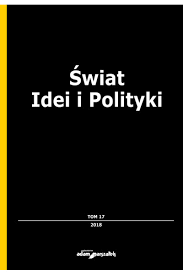
The main issue of this article are the insignificant trends of political thought and their contradictions and understatements. The article describes the following trends of political thought: anarchism, communism, nationalism, monarchism, transhumanism, primitivism, ruralism and also National anarchism, National Bolshevism and Slavophilism. These trends of political thought are characterized by internal contradictions and opposition to democracy.
More...
Classical political liberalism was not related with some economic concepts, although John Locke accept right to property as the fundamental law of nature. Later liberalism began involve to economic and social issues. Utilitarian liberalism of J. Bentham and John Stuart Mill created the foundations to social justice. Evolutionary liberalism of H. Spencer affirm human egoism and rivalry as the fundamental social principles, also he was proponent minimum and limited state in political economic. And social liberalism, introducing new concept of positive freedom, was for interventionism and social policy. In XX a. J. Rawls and egalitarian liberalism also was for such economical and social concepts. For this liberalism the primate values are justice as fairness and equality. Liberal doctrines was differently to economical concepts, because they have specific and various ideas and values.
More...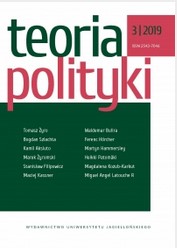
The term “political realism”, often analyzed by historians of political thought and theoreticians of international relations, becomes problematic in the era of popularizing the idea that there is an obvious dependence of “reality”, also “political reality”, from subjects that recognize it, and to an even greater extent from subjects shaping it. It is not the dissolution of reality but its dependence on the subjects that create it that makes it difficult to use old categories and raises the need for critical reflection on them. The attempt made in the paper is to show not only the consequences of abandoning old, “objectivist” approaches to reality (even if only conceptual reality), but also the reasons why on the one hand there is an embarrassment, and on the other hand the need for critical reflection, or perhaps setting new categories.
More...
The paper deals with the practical implications that Franz neumann’s most famous work had on nuremberg trials. The first part sets out the basic theoretical assumptions of Behemoth, but also the essence of the debate between neumann and Friedrich Pollock on the nature of capitalism and the nazi regime. The next part analyzes the impact of the neumann’s findings from Behemoth on the creation of a conceptual framework for indictments against leading industrialists of the Third Reich. But also presents the research work of neumann and his team in preparing material for these trials.
More...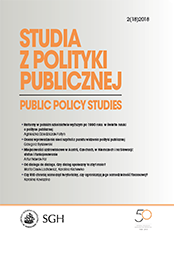
This is a review of a book by Sławomir Czech titled Od konfliktu do kooperacji. Instytucjonalizacja konfliktu interesów zbiorowych w szwedzkim modelu gospodarczym [From conflict to cooperation. Institutionalisation of the conflict of collective interests in the Swedish economic model]. The book deals with the so-called 'Swedish model' of the economy. The author claims that while the significance of trade unions is usually magnified in its construction, the role of business organisations is underestimated. He analyses pivotal conflicts between the Swedish Social Democratic Party, the trade unions and the employers' organisation. In the book he puts forward a hypothesis that constructing Swedish economic institutions in concordance with the principles of cooperation and seeking a compromise between the most important pressure groups fostered solutions that were beneficial in terms of economic growth.
More...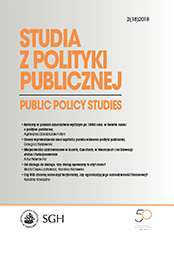
The main goal of the article is to present to Polish readers the most important informationabout one of the newer theories of the public policy process – Narrative Policy Framework(NPF). The NPF assumes that public policy narratives play a fundamental role in the publicpolicy process. These are strategically constructed stories about the causes and solutionsto public policy problems. Actors use narratives to achieve their goals, for example, implementingpolicies closest to their preferences. On the example of the government’s “Good
More...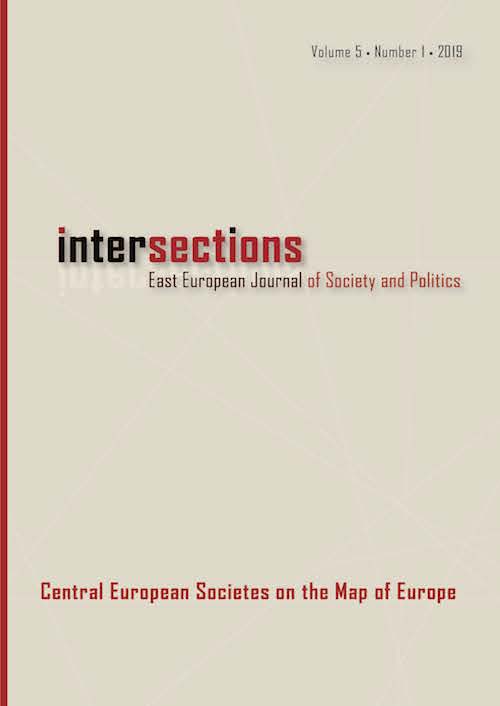
Breen, Michael J. (ed.) (2017): Values and identities in Europe: Evidence from the European Social Survey. London and New York: Routledge. 314 pages.
More...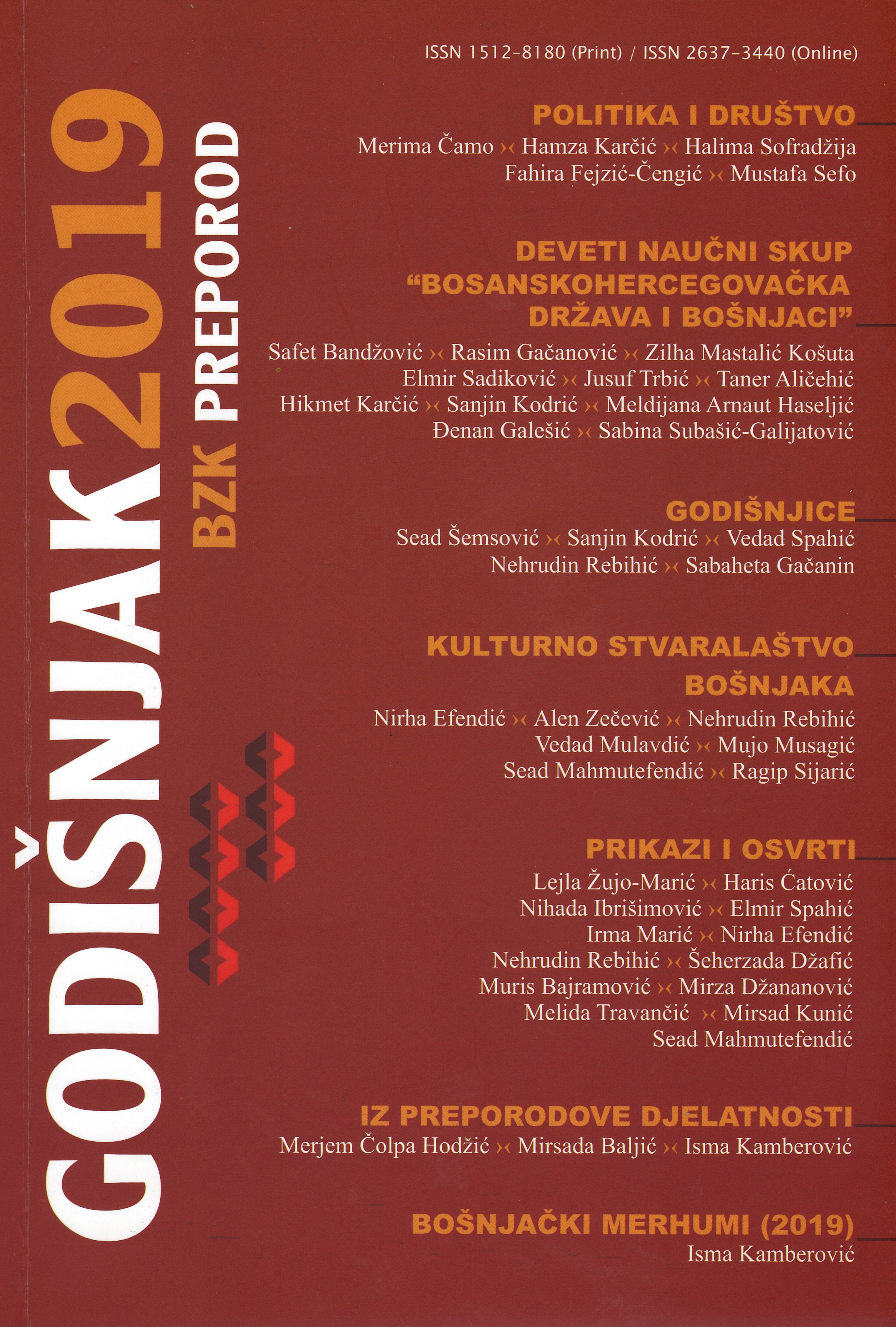
Political game is a fact of political reality, it clearly speaks of the reduction of politics and political action on technique. As a phenomenon that carries power and influence, politics practiced as a technique speaks of ethics oblivion, and that oblivion undeniably has its consequences. Political game indicates that politics knows innumerable forms of game, which that game was undertaken for political purposes, and in addition it is “free” of essential ethical principles and values. The game itself has the power to disguise, when it takes place within the political field at the end of the Gutenberg galaxy, where “the world of images becomes the image of the world”, the boundaries of political language are no longer the boundaries of the political world, i. e. there are political images.
More...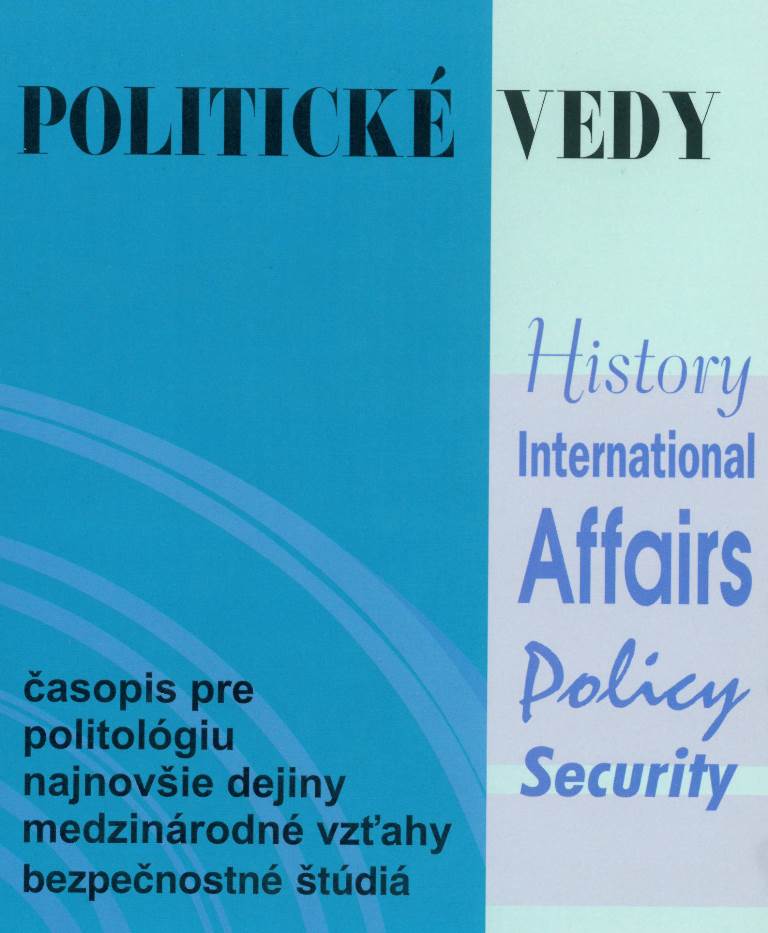
The European Commission, the executive power and initiator of legislative processes in the European Union, has been the focus of Germany’s European policy in the 21st Century. The analysis in the article shows the priorities of German politicians included (1) appointing the President of the Commission in line with their wishes, (2) ensuring candidates from Germany the most important and prestigious positions in every college, and (3) gaining influence on the course of EC work. The adoption of the critical analysis of sources, the institutional-legal method and the decision-making method as a research method allowed the thesis that the EC in Germany's European policy was initially the foundation of the future EU political model (federation), in practice, however, Chancellor Merkel's actions pushed it to the far side. The German government together with France had the greatest influence on the Lisbon Treaty. Macron and Merkel refused to accept the „ Spitzenkandidate” idea, which could lead to democratization of the way the president of the European Commission was elected, which means deepening the democratic deficit in the EU.
More...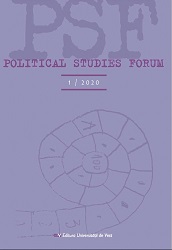
The article approaches the role of ideocratic projects, focusing on cosmocratic and constitutional domination, while looking at the concept of ideocracy in premodern and especially modern contexts. The article also argues for the conceptual usefulness of the term ideocracy in analysing certain regime types, and, especially when considering totalist dimensions, enabling researchers to go beyond traditional left-right or religious-secular divides. Whereas cosmocratic domination represented a fundamental trait in premodern ideocracies, modern ideocratic projects have tended to move to a constitutionalist form of domination. In doing so, ideocracies typically stay true to their doctrinal core, even as they may end up pursuing a hybrid approach.
More...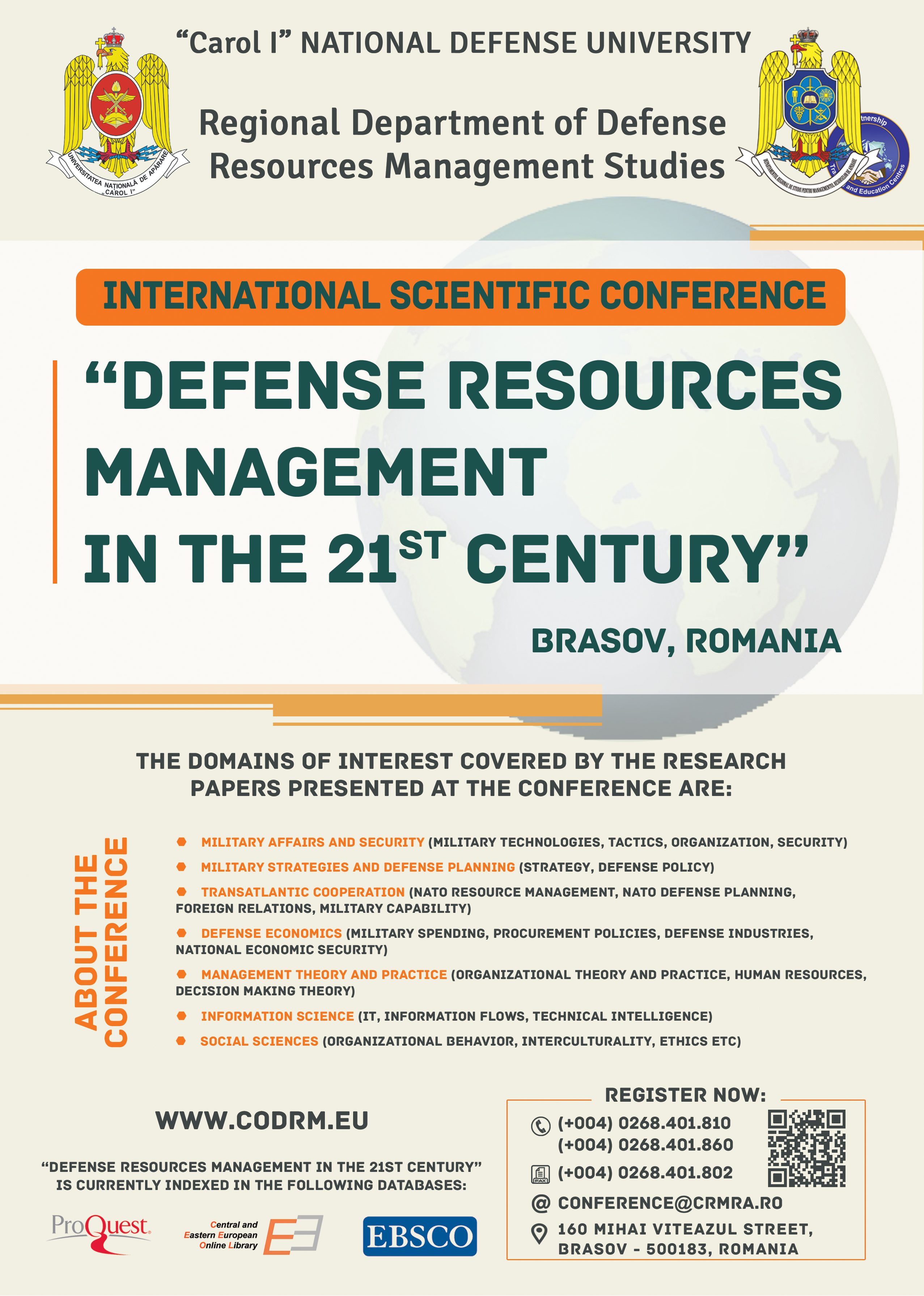
The global markets evolution of the last decades have emphasized the significant growth of the ongoing international competition between the economic actors, but mostly between the states. In order to face the challenges of informational asymmetry, each of the players envolved resort more and more to the specific instruments of the intelligence activity. The big companies, the multinational firms, have been the first to understand the potential of the information to increase the value of the production factors, and to allow the capitalization of the available resources, in optimal economic circumstances. Afterwards, by taking over their mechanisms and turning them into public policies, the states with advanced economies succeed to obtain and maintain competitive advantages.In the present global context, it has become necessary that the public authorities should design and implement a national economic intelligence system. If developed as a private-public partnership, that embodies and harmonizes both the interests of the private economic actors, and those of the state, to capitalize resources in an optimal manner, the economic intelligence system has the unique goal of increasing the national economic competitiveness through intelligence.The economic intelligence implies a three-way approach: to constantly monitor the areas of interest, in order to obtain relevant data about them; to promote its own vision, by launching adequate ideas/behaviours, and interpret them to the benefit of its strategy; to protect the available information/intelligence, in order to counter-attack any attempts to reach it, by the opposite side.
More...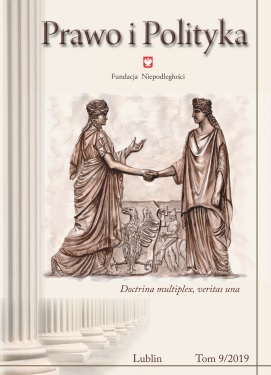

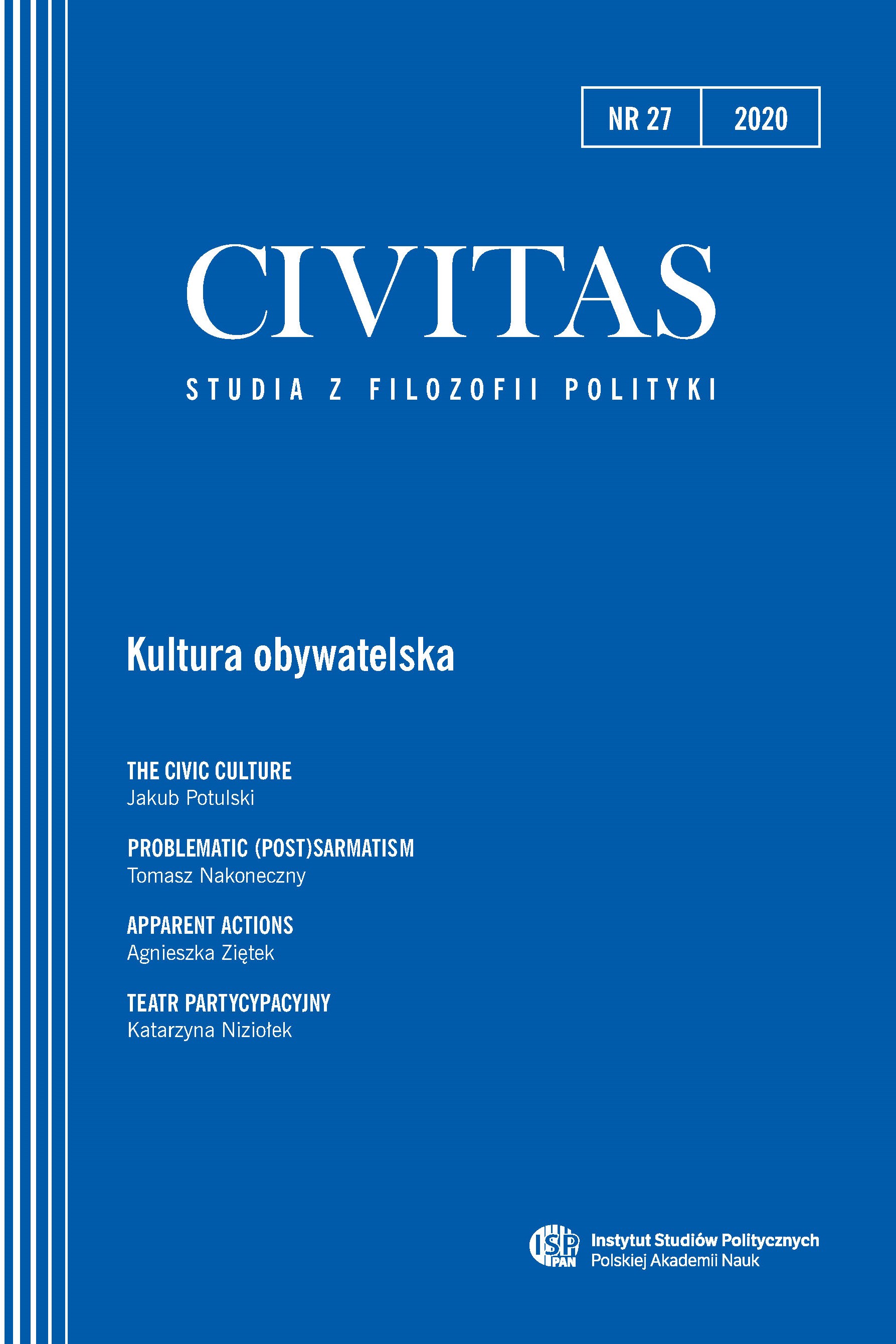
Among European states Nordic countries, including Finland, are often set as examples of countries with high social capital, in which citizens willingly engage into decision-making process. The aim of the article is to verify this assumption and to present diverse attitudes of citizens towards local engagement. The article is based on quantitative data (statistics on civic involvement) as well as qualitative research (interviews with councilors from selected Finnish municipalities). The conclusion points at transformation of Finnish democracy and the fact that paradoxically developed institutions of representative democracy may have a negative influence on the wiliness to apply further, non-electoral mechanisms of civic involvement.
More...